Tel:
Machine Construction:The physical construction of the CNC milling machine, including the quality of its components and the rigidity of its frame, plays a significant role in maintaining precision over time.
Tooling Quality:High-quality cutting tools are essential for precise machining. The tool's material, geometry, and sharpness all impact the accuracy and surface finish of the parts produced.
Material Rigidity:The stiffness of the workpiece material can affect the machining process. Softer materials may deform under the cutting forces, leading to inaccuracies.
Environmental Conditions:Temperature fluctuations, vibrations, and humidity can all impact the machine's performance and the precision of the parts it produces.
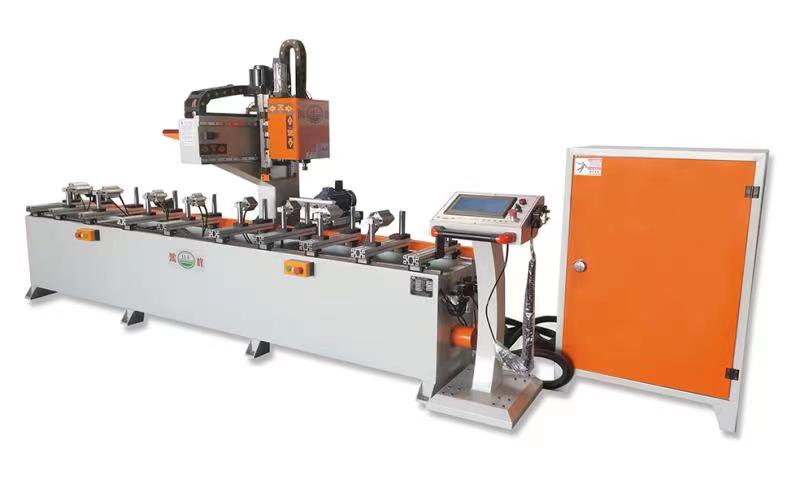
Aerospace Industry:For components that require tight tolerances and high-quality surface finishes, CNC milling machines are indispensable.
Medical Devices:The production of intricate medical devices, such as implants and precision instruments, relies heavily on the accuracy of CNC milling.
Automotive Sector:CNC milling is used to create precision parts for engines, transmissions, and other critical components.
Electronics Manufacturing:The miniaturization of electronic components often necessitates the use of CNC milling for creating precise housings and circuit boards.
Custom Parts Production:For one-off prototypes or small batch production, CNC milling machines can produce parts with consistency and accuracy that would be difficult to achieve manually.
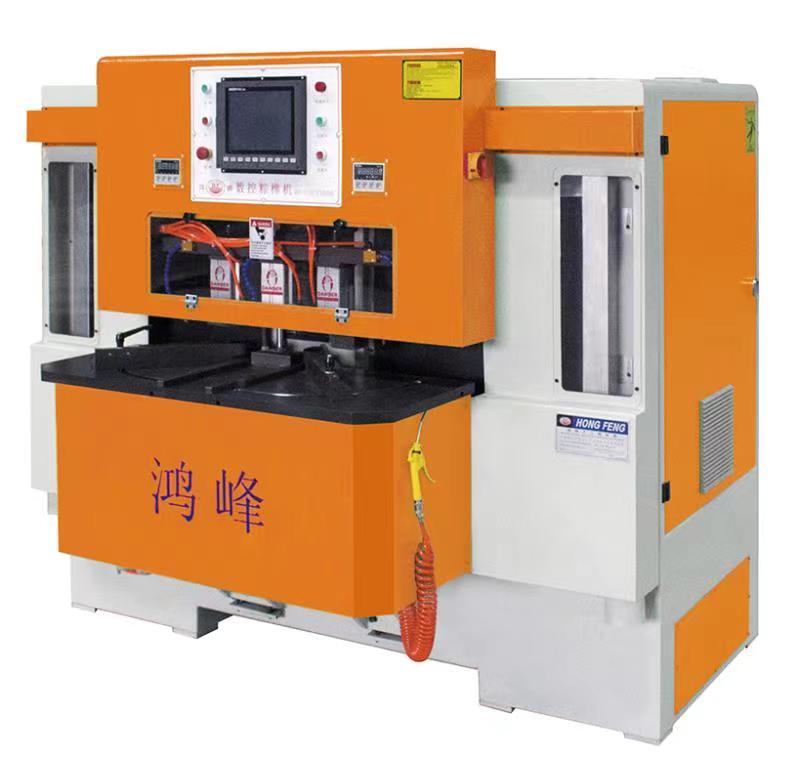 Enhancing Cutting Accuracy and Efficiency with CNC Miter Machines
Enhancing Cutting Accuracy and Efficiency with CNC Miter Machines
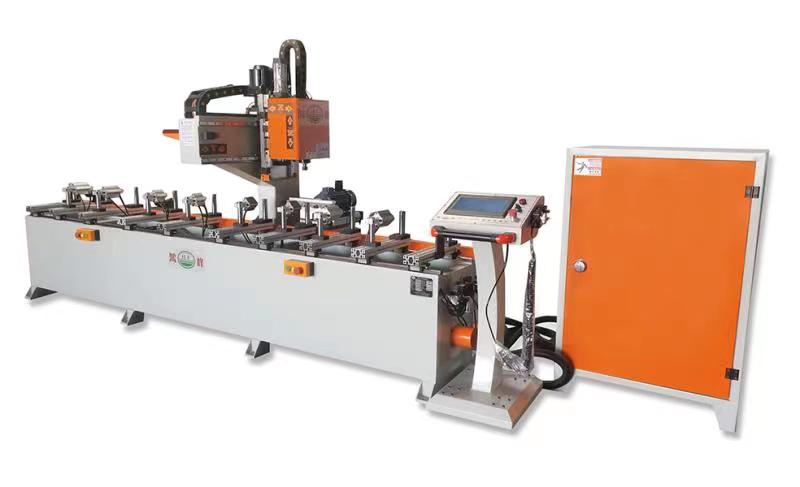 What Are the Common Mistakes to Avoid in CNC Groove Milling?
What Are the Common Mistakes to Avoid in CNC Groove Milling?
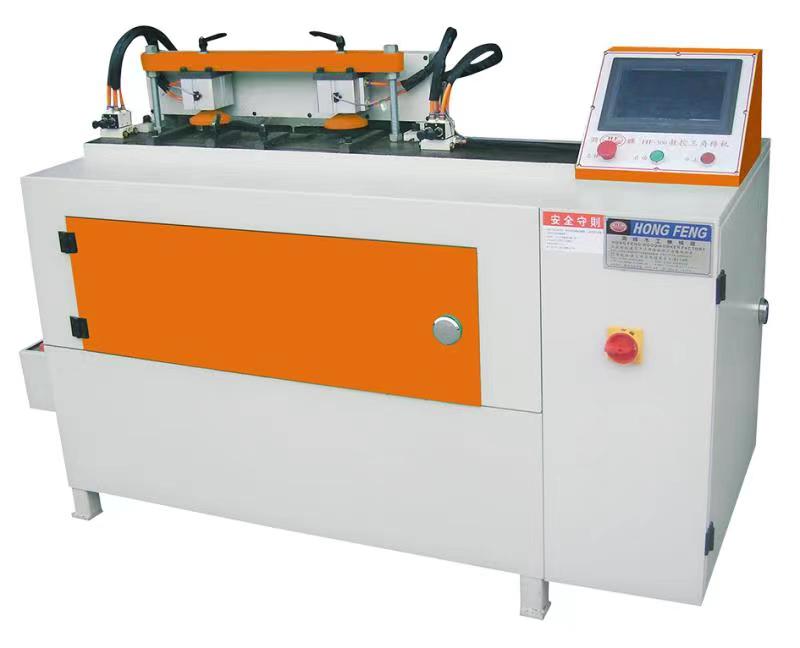 How to Choose the Best CNC Dovetail Machine?
How to Choose the Best CNC Dovetail Machine?
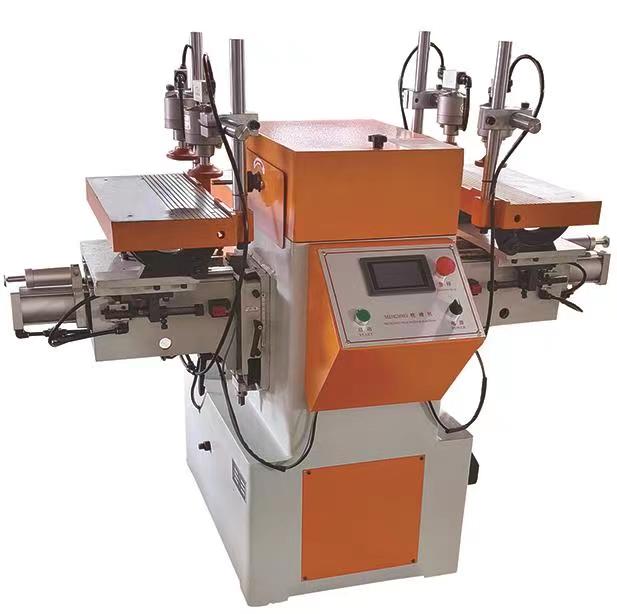 What Should You Look for in a Double End Mortising Machine Manufacturer?
What Should You Look for in a Double End Mortising Machine Manufacturer?
